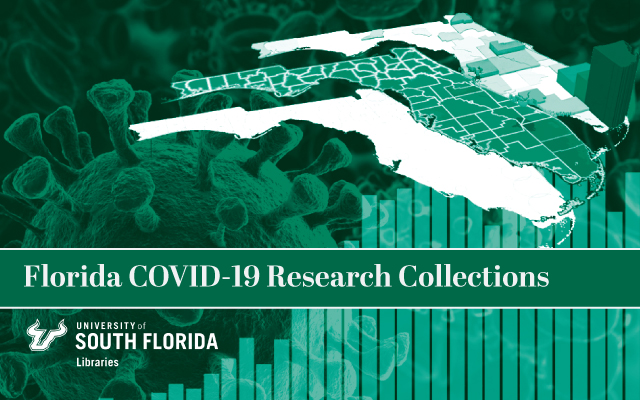
All publications
Document Type
Article
Publication Date
2020
Keywords
COVID-19, coronavirus, HIV, AIDS, health disparities
DOI
https://doi.org/10.3390/ijerph17124548
Abstract
The impact of the COVID-19 pandemic is far reaching, with devastating effects on individuals, communities, and societies across the world. People with chronic health conditions may be at greater risk of contracting or experiencing complications from COVID-19. In addition to illness or death for those who contract the virus, the physical distancing required to flatten the curve of new cases is having a negative impact on the economy, the effects of which intersect with mental health and other existing health concerns, thus affecting marginalized communities. Given that HIV also has a disproportionate impact on marginalized communities, COVID-19 is affecting people with HIV (PWH) in unique ways and will continue to have an impact on HIV research and treatment after the COVID-19 crisis passes. Using the biopsychosocial framework to contextualize the impact of COVID-19 on PWH, the purpose of this review article is to: (1) outline the similarities and differences between the COVID-19 and HIV pandemics; (2) describe the current and future impact of COVID-19 on PWH; and (3) outline a call to action for scientists and practitioners to respond to the impact of COVID-19 on HIV prevention and treatment.
Rights Information

This work is licensed under a Creative Commons Attribution 4.0 License.
Citation / Publisher Attribution
International Journal of Environmental Research and Public Health, v. 17, issue 12, art. 4548
Scholar Commons Citation
Chenneville, Tiffany; Gabbidon, Kemesha; Hanson, Patricia; and Holyfield, Cashea, "The Impact of COVID-19 on HIV Treatment and Research: A Call to Action." (2020). All publications. 91.
https://digitalcommons.usf.edu/usf_fcrc_all/91

